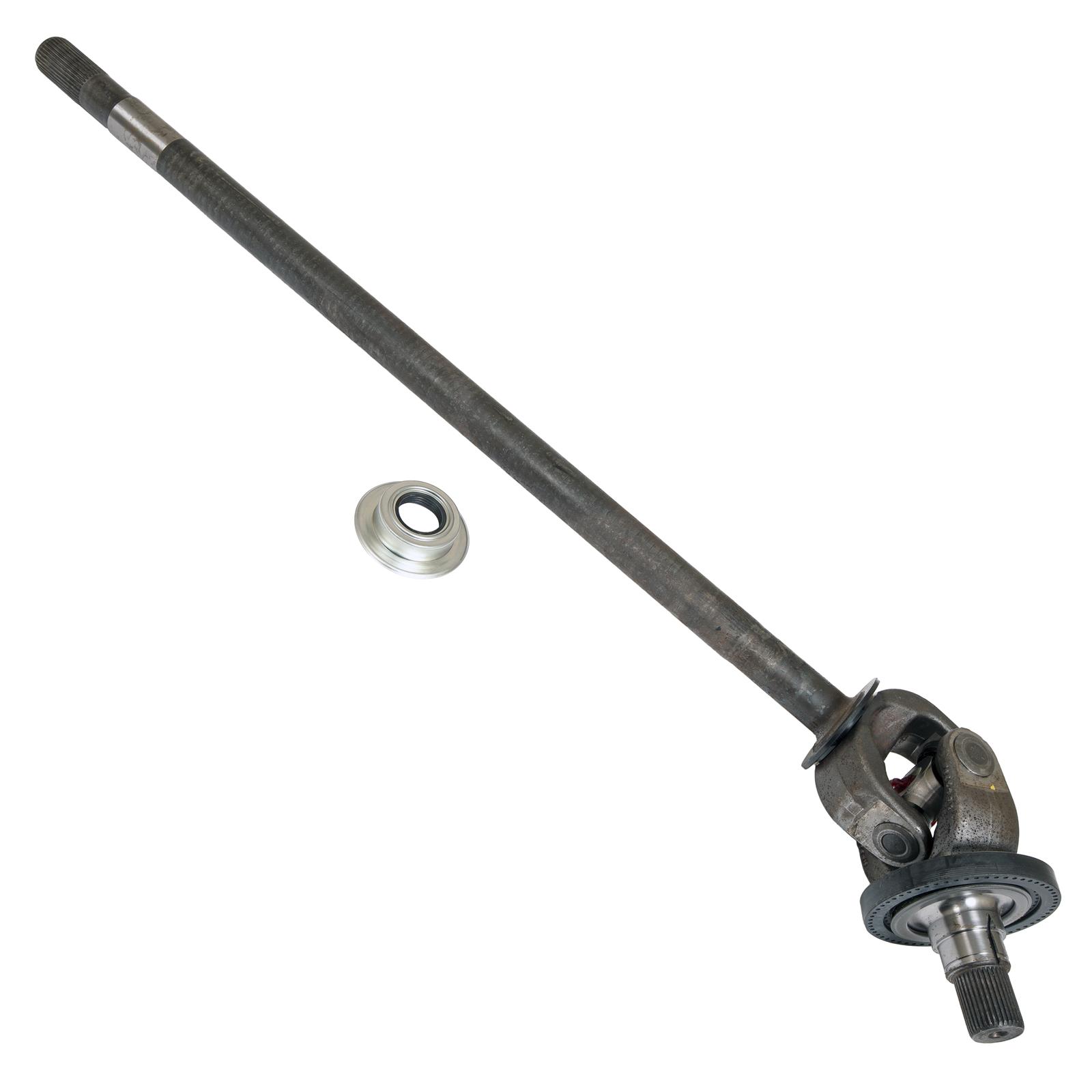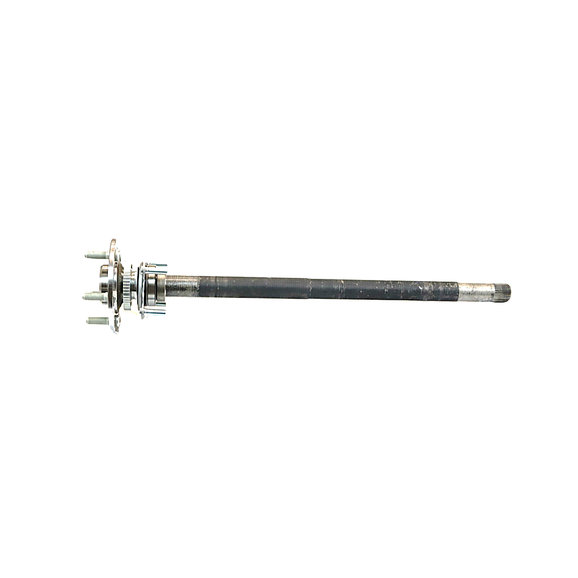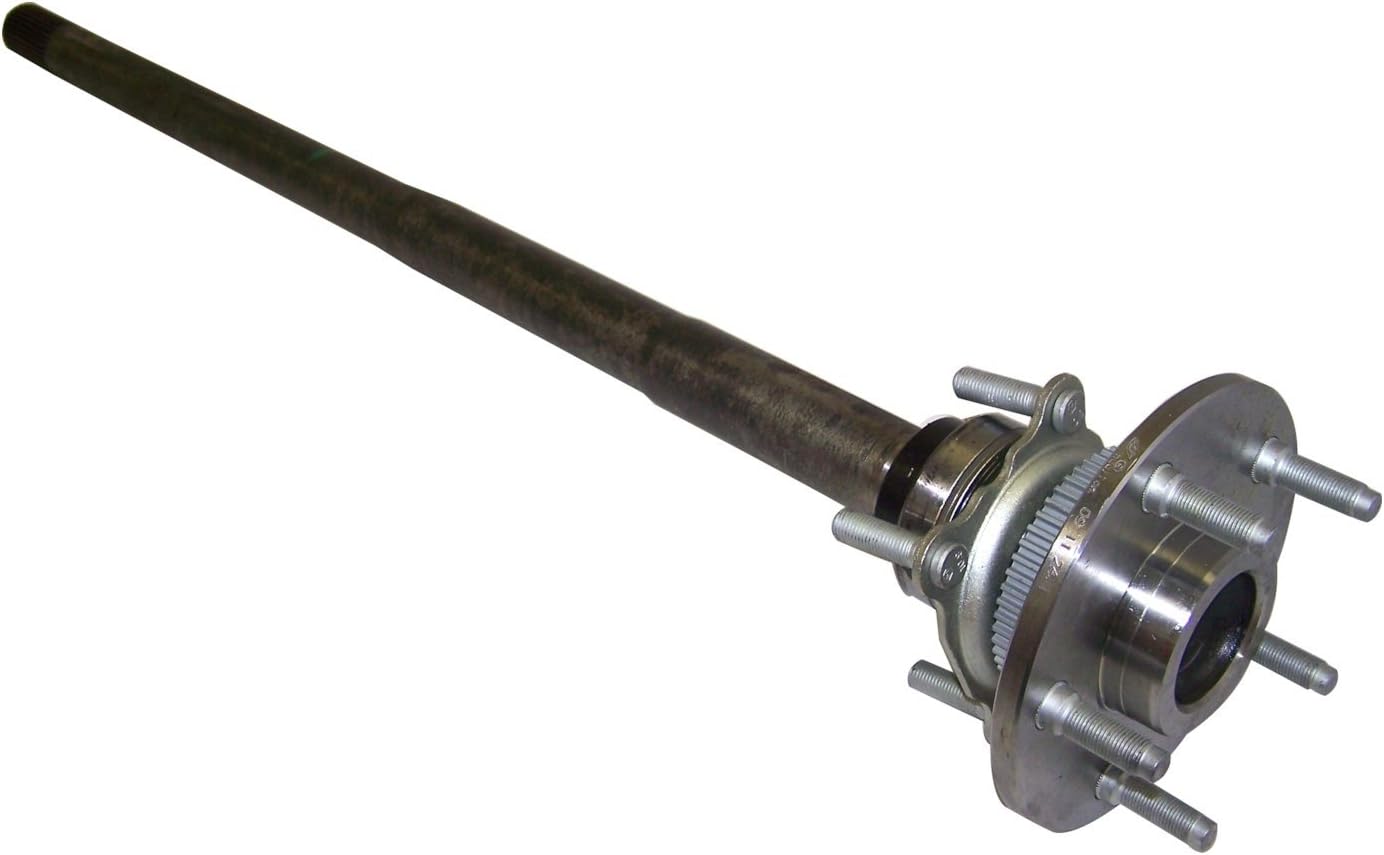Product Description
Product Description
Product Description
| Item | Shaft, axle |
| Application | Cranes, Railway way, mineral Machinery, hydraulic Machinery, Spare parts etc. |
| Design | Can be at the customer’ request, tailor-made, at customer’s design |
| Material | Stainless Steel or Carbon Steel, such as 45#, 65# SAE4140, SAE4150, SAE4160, 42CrMo, stainless steel 410, stainless steel 304, or other required steel |
| Size | Diameter 80mm to 2000mm. Length max.in 6000mm |
| Minimum order | 1Pcs |
Product Real Shot
Manufacturing Process
- Free forged or module forged
- Rough machining process, to remove the surface forged oxidized black leather.
- 100% Ultrasonic Test ASTMA388
- Heat Treatment according to request, Normalized, Quenched, Tempered….
- Hardness test
- Finishing Process to the dimensional state required by the drawing.
- 100% Magnetic Test ASTM E709 and 100% dimensional test
- Painting or oil protecting TECTYL 506 or similiar
- Packing with boxes
Data Needed for Quotation
– Your own drawing
– Your requirement on material and necessary dimensional data
– Ask for recommend
Company Profile
ZheJiang Ebon Machinery Co., Ltd., established in the year of 2012, is a professional supplier of material handling equipment, OEM machinery parts, various forging parts and casting parts.
Ebon’s products scope: cranes, hoists, magnets, grabs, hooks, wheels, drums, axles, lifting beams,bearing box, bearings, couplings,flanges etc. They are applied in wide range of field: Machinery, Mining, Hydro power Transportation, Construction…..
Ebon has 5 reliable manufacturing factories to make sure stable supply and fast delivery for your business.
Our products are also exported to USA, Britain, Japan, South Korea, Russia, Indonesia, Thailand, India, Vietnam, Canada, Argentina, Paraguay etc more than 50 countries.
Ebon team is loyal and committed to your success, and firmly believes that our products and services will increase the value and effectiveness of your business with following characters:
-Professional sales team, market promotion team and logistics team with more then 10 years experience .
-Loyal and Responsible Characters
-Efficient Work, Fast Response
-Responsible Quality Control Team
-Video the manufacturing process, the testing, and packing before delivery
1.Q: How about your delivery time?
A: Generally, it will take 7-30 days after receiving your advance payment. The specific delivery time depends on the items, transportation ways and the quantity of your order.
2.Q: Can you produce according to the samples?
A: Yes, we can produce by your samples or technical drawings.
3.Q: Do you test all your goods before delivery?
A: Yes, we have 100% Ultrasonic test, Magnetic test or Liquid Penetration test before delivery
4.Q: How do you make our business long-term and good relationship?
A: (1) We keep good quality and competitive price to ensure our customers benefit ;
(2) We respect every customer as our friend and we sincerely do business and make friends with them, no matter where they come from.
5.Q: I can’t see the goods or touch the goods, how can I deal with the risk involved?
A: Our quality management system conforms to the requirement of ISO 9001:2015 verified by DNV. We are absolutely worth your trust. We can accept trial order to enhance mutual trust.
| Processing Object: | Metal |
|---|---|
| Molding Style: | Forging |
| Molding Technics: | Pressure Casting |
| Application: | Machinery Parts |
| Material: | Steel |
| Heat Treatment: | Quenching |
| Customization: |
Available
| Customized Request |
|---|

Can you explain the impact of axle shaft materials on weight and strength?
The choice of material for axle shafts has a significant impact on both weight and strength characteristics. Different materials offer varying levels of strength-to-weight ratios, which can influence the overall performance and durability of the axle shafts. Here’s an explanation of how axle shaft materials affect weight and strength:
- Steel: Steel is a commonly used material for axle shafts due to its high strength and durability. Steel axle shafts are known for their excellent load-bearing capacity and resistance to bending and torsional forces. However, steel is relatively heavy compared to other materials, which can contribute to increased overall weight of the vehicle. The weight of steel axle shafts can affect the vehicle’s fuel efficiency and handling characteristics.
- Alloy Steel: Alloy steel is a type of steel that has been mixed with other elements to enhance specific properties. By adding elements such as chromium, molybdenum, or nickel, alloy steel can achieve improved strength and hardness compared to traditional steel. This allows for the production of lighter and stronger axle shafts compared to conventional steel, providing a balance between weight reduction and structural integrity.
- Aluminum: Aluminum is a lightweight material known for its excellent strength-to-weight ratio. When used in axle shafts, aluminum can significantly reduce the weight of the component, which can lead to benefits such as improved fuel efficiency and handling. However, aluminum axle shafts may not be as strong as steel shafts and can be more susceptible to bending or deformation under high loads or extreme conditions.
- Composite Materials: Composite materials, such as carbon fiber reinforced polymers (CFRP), are increasingly being explored for axle shaft applications. CFRP composites offer high strength and light weight, making them attractive for weight reduction purposes. These materials can provide comparable or even superior strength compared to steel while significantly reducing the overall weight of the axle shafts. However, composite materials often come with higher production costs and may require specialized manufacturing techniques.
Overall, the choice of axle shaft material involves a trade-off between weight reduction and strength requirements. Steel offers excellent strength but comes with higher weight, while materials like aluminum and composites offer weight savings at the expense of some strength characteristics. The selection of the most suitable material depends on various factors, including the vehicle’s intended use, load requirements, cost considerations, and desired performance attributes.
In summary, the impact of axle shaft materials on weight and strength is significant. Steel provides high strength but adds weight, alloy steel offers a balance between strength and weight, aluminum reduces weight but may sacrifice some strength, and composite materials provide strength and weight advantages but at potentially higher costs. Manufacturers consider these factors when selecting axle shaft materials to achieve the desired balance of weight reduction, strength, and overall performance in vehicles.

How does axle shaft quality impact the overall durability of a vehicle?
The quality of axle shafts has a significant impact on the overall durability of a vehicle. Axle shafts play a crucial role in transmitting power from the drivetrain to the wheels and supporting the weight of the vehicle. Here’s a detailed explanation of how axle shaft quality affects the durability of a vehicle:
- Strength and Load Capacity: High-quality axle shafts are typically constructed from strong and durable materials, such as forged steel or alloy steel. These materials offer increased tensile and yield strength, allowing the axle shafts to handle higher torque loads and support the weight of the vehicle more effectively. Axle shafts with higher load capacities and structural integrity are less prone to bending, breaking, or premature failure, ensuring long-term durability.
- Resistance to Fatigue: Axle shafts are subjected to repeated and varying loads during vehicle operation, which can lead to metal fatigue over time. High-quality axle shafts are designed and manufactured to withstand these cyclic loads without developing cracks or fractures. They undergo rigorous testing and quality control processes to ensure resistance to fatigue, enhancing the overall durability of the vehicle.
- Corrosion Resistance: Axle shafts are exposed to various environmental factors, including moisture, road salt, and debris. High-quality axle shafts often feature protective coatings or treatments, such as galvanization or specialized finishes, to enhance corrosion resistance. These coatings prevent rust and corrosion from compromising the structural integrity of the axle shafts, contributing to their long-term durability.
- Precision Engineering: Axle shafts with superior quality are precisely engineered to meet strict tolerances and specifications. They are manufactured using advanced techniques, such as forging or CNC machining, to ensure dimensional accuracy and proper fitment with other drivetrain components. Precise engineering eliminates excessive play or misalignment, reducing stress on the axle shafts and enhancing the overall durability of the vehicle.
- Heat Treatment: High-quality axle shafts often undergo specialized heat treatment processes, such as induction hardening or tempering. These heat treatment techniques improve the hardness and strength of the axle shafts, making them more resistant to wear, deformation, and surface damage. Heat-treated axle shafts exhibit enhanced durability and longevity, even under demanding driving conditions.
- Manufacturer Reputation: The reputation of the axle shaft manufacturer is also a crucial factor in determining the quality and durability of the product. Reputable manufacturers with a history of producing reliable and high-quality axle shafts are more likely to deliver durable and long-lasting components. Choosing axle shafts from trusted manufacturers reduces the risk of premature failure and ensures higher overall vehicle durability.
It’s important to note that the durability of a vehicle is influenced by various other factors, including proper maintenance, driving conditions, and overall vehicle design. However, the quality of axle shafts significantly contributes to the vehicle’s ability to withstand demanding loads, harsh environments, and extended service life.
When replacing or upgrading axle shafts, it is crucial to select high-quality components that match the vehicle’s specifications and intended use. Professional installation by experienced technicians is recommended to ensure proper fitment and compatibility, further enhancing the durability and performance of the vehicle.
In summary, axle shaft quality directly impacts the overall durability of a vehicle by providing increased strength, resistance to fatigue and corrosion, precision engineering, heat treatment, and the reliability associated with reputable manufacturers. Investing in high-quality axle shafts contributes to a more durable and reliable vehicle that can withstand the demands of various driving conditions and extended use.

What is the purpose of an axle shaft in a vehicle’s drivetrain?
An axle shaft plays a crucial role in a vehicle’s drivetrain by transmitting rotational power from the differential to the wheels. It serves as a mechanical link between the differential and the wheels, allowing the transfer of torque and enabling the wheels to rotate.
1. Power Transmission:
The primary purpose of an axle shaft is to transmit power from the differential to the wheels. In a rear-wheel-drive vehicle, the axle shafts connect the differential to the rear wheels, while in a front-wheel-drive vehicle, they connect the differential or transaxle to the front wheels. When the engine generates torque, it is transferred to the transmission or transaxle, and then to the differential. The differential splits the torque between the two axle shafts, which then deliver the power to the respective wheels. This allows the wheels to rotate and propel the vehicle forward or backward.
2. Wheel Support and Suspension:
Axle shafts also provide support for the vehicle’s wheels and are an integral part of the suspension system. They bear the weight of the vehicle and help maintain proper wheel alignment and geometry. Axle shafts are designed to withstand the vertical load exerted by the vehicle’s weight and the lateral forces encountered during turns or maneuvering. By providing structural support and connection between the wheels and the drivetrain, axle shafts contribute to the overall stability, handling, and control of the vehicle.
3. Differential Functionality:
Axle shafts are essential for the proper functioning of the differential. The differential allows the wheels to rotate at different speeds while maintaining power distribution. As the vehicle negotiates turns, the inside wheels travel a shorter distance than the outside wheels. The axle shafts, connected to the differential, enable this speed differentiation by allowing the wheels to rotate independently. This differential action helps improve maneuverability, reduce tire wear, and enhance traction by allowing the wheels to maintain proper contact with the road surface.
4. Torque and Load Handling:
Axle shafts are designed to handle the torque and loads generated by the engine and transmitted through the drivetrain. They are engineered to withstand the rotational forces and torsional stress, ensuring efficient power transfer to the wheels. Axle shafts are made from durable materials, such as steel or other high-strength alloys, to withstand these forces and provide reliable performance under various driving conditions.
In summary, the purpose of an axle shaft in a vehicle’s drivetrain is to transmit rotational power from the differential to the wheels. They enable power transfer, provide support for the wheels, contribute to the functionality of the differential, and handle the torque and loads generated by the drivetrain. Axle shafts are essential components that play a vital role in the overall performance, functionality, and stability of a vehicle.


editor by CX 2023-11-09